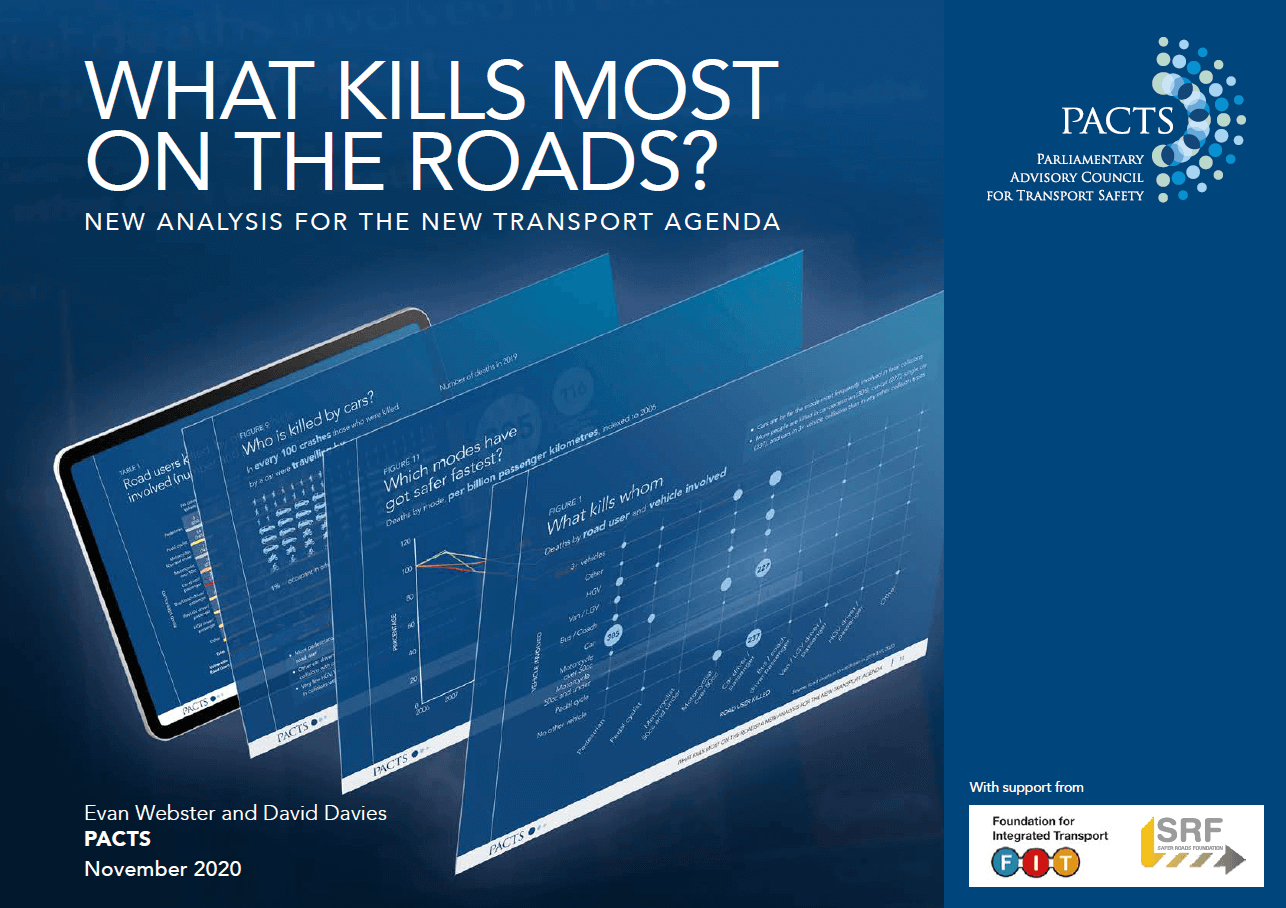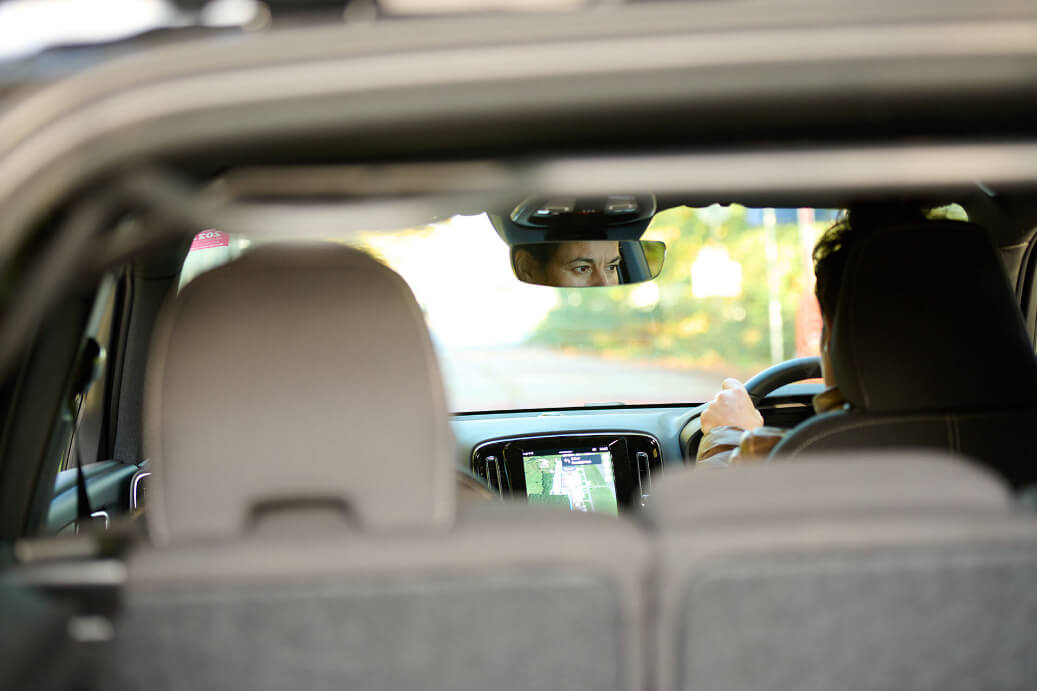This analysis by PACTS, of road deaths in Great Britain in 2019, shows the danger associated with different modes of transport and the total deaths involved with travel by each mode.
- The coronavirus pandemic and the climate crisis have shown the need, the possibility and the public desire to reset the transport agenda. The government has shown strong support for active travel while also spending considerable sums to maintain public transport services.
- Making road users safer – and feeling safer – is a crucial part of delivering this new transport agenda.
- Traditional analysis emphasises the victims of road collisions, particularly vulnerable road users – pedestrians, cyclists, motorcyclists and horse riders. It can lead to the simple conclusion that these road users are “dangerous” and “the problem” and that road safety relates predominantly to these users.
- This analysis by PACTS, of road deaths in Great Britain in 2019, shows the danger associated with different modes of transport and the total deaths involved with travel by each mode. This gives a different picture. It shows that, by distance travelled, vans and light goods vehicles, followed by HGVs, have the highest rate of deaths of other road users.
- It emphasises that most people who die on the roads do so in cars, or in collisions with cars.
- It is already known that, by distance travelled, motorcycles have the highest rates of death. These are predominantly the motorcyclist and 21% involve no other vehicle.
- This type of analysis is more in keeping with the road danger reduction strategies being adopted in pursuit of Vision Zero in London and elsewhere. PACTS recommends that the Department for Transport and other lead agencies adopt it in official publications.
- The Parliamentary Advisory Council for Transport Safety (PACTS) was formed in 1982 by parliamentarians and experts from a range of disciplines who had amended what became the Transport Act 1981 which made seat belt wearing compulsory in Great Britain.

